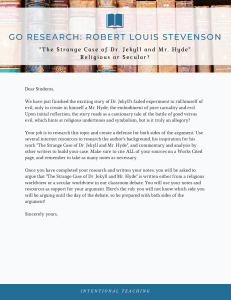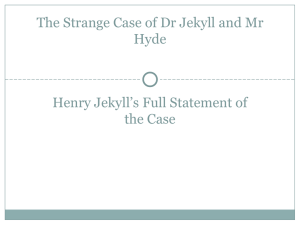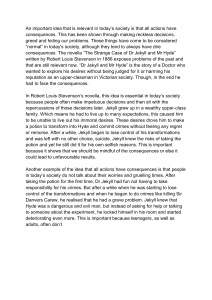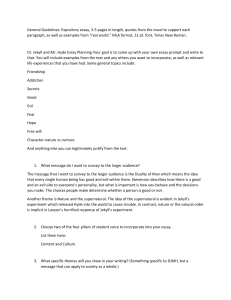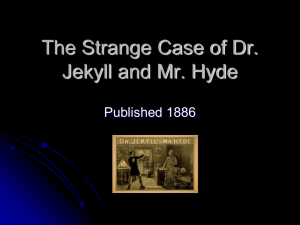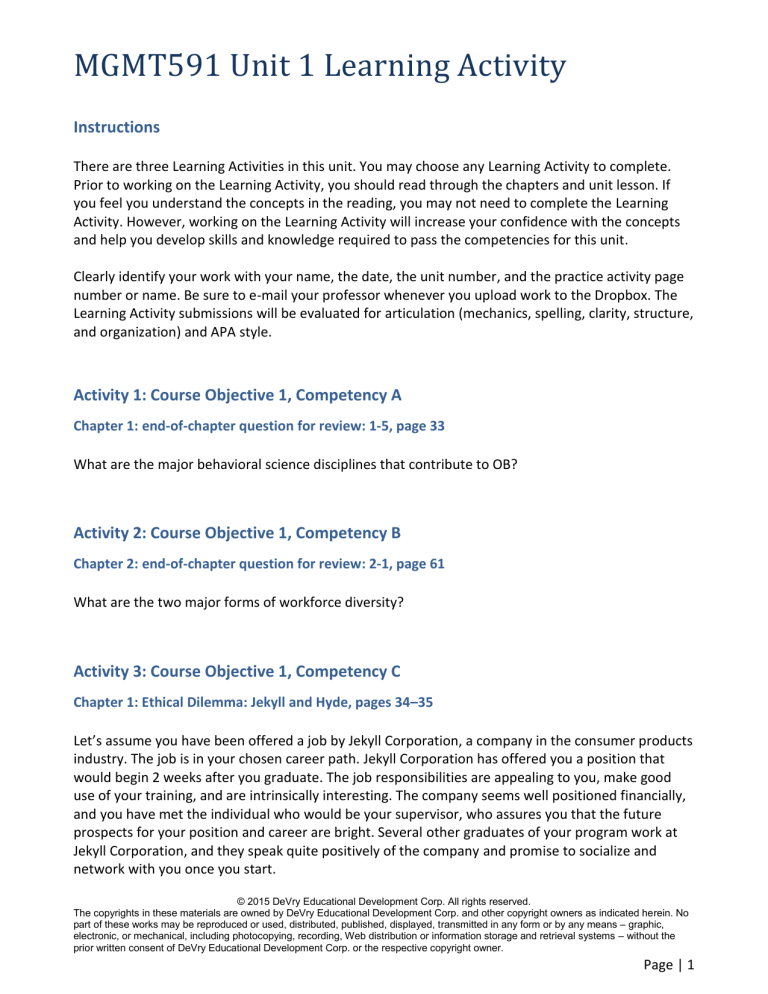
MGMT591 Unit 1 Learning Activity Instructions There are three Learning Activities in this unit. You may choose any Learning Activity to complete. Prior to working on the Learning Activity, you should read through the chapters and unit lesson. If you feel you understand the concepts in the reading, you may not need to complete the Learning Activity. However, working on the Learning Activity will increase your confidence with the concepts and help you develop skills and knowledge required to pass the competencies for this unit. Clearly identify your work with your name, the date, the unit number, and the practice activity page number or name. Be sure to e-mail your professor whenever you upload work to the Dropbox. The Learning Activity submissions will be evaluated for articulation (mechanics, spelling, clarity, structure, and organization) and APA style. Activity 1: Course Objective 1, Competency A Chapter 1: end-of-chapter question for review: 1-5, page 33 What are the major behavioral science disciplines that contribute to OB? Activity 2: Course Objective 1, Competency B Chapter 2: end-of-chapter question for review: 2-1, page 61 What are the two major forms of workforce diversity? Activity 3: Course Objective 1, Competency C Chapter 1: Ethical Dilemma: Jekyll and Hyde, pages 34–35 Let’s assume you have been offered a job by Jekyll Corporation, a company in the consumer products industry. The job is in your chosen career path. Jekyll Corporation has offered you a position that would begin 2 weeks after you graduate. The job responsibilities are appealing to you, make good use of your training, and are intrinsically interesting. The company seems well positioned financially, and you have met the individual who would be your supervisor, who assures you that the future prospects for your position and career are bright. Several other graduates of your program work at Jekyll Corporation, and they speak quite positively of the company and promise to socialize and network with you once you start. © 2015 DeVry Educational Development Corp. All rights reserved. The copyrights in these materials are owned by DeVry Educational Development Corp. and other copyright owners as indicated herein. No part of these works may be reproduced or used, distributed, published, displayed, transmitted in any form or by any means – graphic, electronic, or mechanical, including photocopying, recording, Web distribution or information storage and retrieval systems – without the prior written consent of DeVry Educational Development Corp. or the respective copyright owner. Page | 1 MGMT591 Unit 1 Learning Activity As a company, Jekyll Corporation promotes itself as a fair-trade and sustainable organization. Fair trade is a trading partnership—based on dialogue, transparency, and respect—that seeks greater equity in international trade. It contributes to sustainable development by offering better trading conditions to, and securing the rights of, local producers and businesses. Fair-trade organizations are actively engaged in supporting producers and sustainable environmental farming practices, and fairtrade practices prohibit child or forced labor. Yesterday, Gabriel Utterson—a human resources manager at Jekyll Corporation—called you to discuss initial terms of the offer, which seemed reasonable and standard for the industry. However, one aspect was not mentioned: your starting salary. Gabriel said Jekyll is an internally transparent organization—there are no secrets. Although the firm very much wants to hire you, there are limits to what it can afford to offer, and before it makes a formal offer, it was reasonable to ask what you would expect. Gabriel wanted you to think about this and call back tomorrow. Before calling Gabriel, you think long and hard about what it would take to accept Jekyll Corporation’s offer. You have a number in mind, which may or may not be the same number you give Gabriel. What starting salary would it take for you to accept Jekyll Corporation’s offer? Questions 1-18: What starting salary will you give Gabriel? What salary represents the minimum offer you would accept? If these two numbers are different, why? Does giving Gabriel a different number from your “internal” number violate Jekyll Corporation’s transparent culture? Why or why not? 1-19: Assume you’ve received another offer, this one from Hyde Associates. Like the Jekyll job, this position is on your chosen career path and in the consumer products industry. Assume, however, that you’ve read in the news that “Hyde Associates has been criticized for unsustainable manufacturing practices that may be harmful to the environment.” It has further been criticized for unfair trade practices and for employing underage children. Would that change whether you’d be willing to take the job? Why or why not? 1-20: These scenarios are based on studies of corporate social responsibility (CSR) practices that show consumers generally charge a kind of rent to companies that do not practice CSR. In other words, they generally expect a substantial discount in order to buy a product from Hyde rather than from Jekyll. For example, if Jekyll and Hyde sold coffee, people would pay a premium of $2.40 to buy coffee from Jekyll and demand a discounted price of $1.40 to buy Hyde coffee. Do you think this preference translates into job choice decisions? Why or why not? Use APA format. © 2015 DeVry Educational Development Corp. All rights reserved. The copyrights in these materials are owned by DeVry Educational Development Corp. and other copyright owners as indicated herein. No part of these works may be reproduced or used, distributed, published, displayed, transmitted in any form or by any means – graphic, electronic, or mechanical, including photocopying, recording, Web distribution or information storage and retrieval systems – without the prior written consent of DeVry Educational Development Corp. or the respective copyright owner. Page | 2 MGMT591 Unit 1 Learning Activity Dropbox Instructions Refer to the Dropbox instructions on the unit Assignments page. © 2015 DeVry Educational Development Corp. All rights reserved. The copyrights in these materials are owned by DeVry Educational Development Corp. and other copyright owners as indicated herein. No part of these works may be reproduced or used, distributed, published, displayed, transmitted in any form or by any means – graphic, electronic, or mechanical, including photocopying, recording, Web distribution or information storage and retrieval systems – without the prior written consent of DeVry Educational Development Corp. or the respective copyright owner. Page | 3

